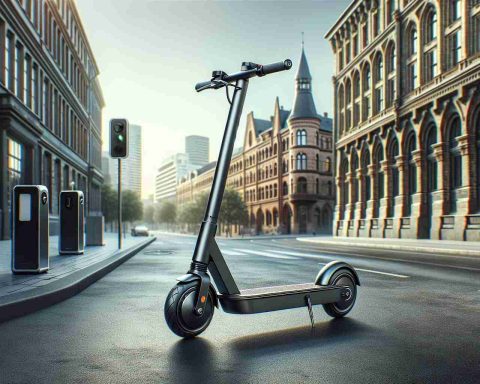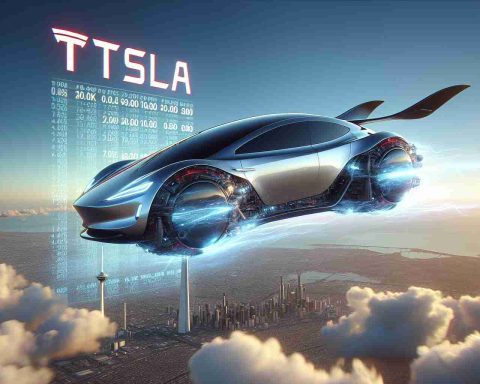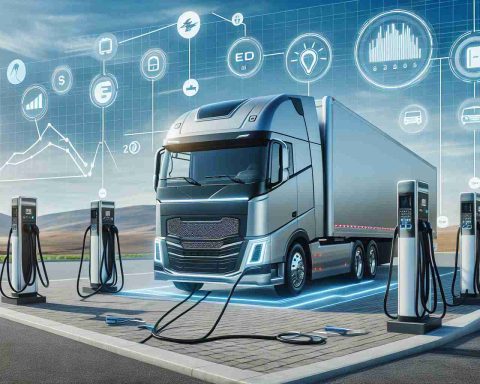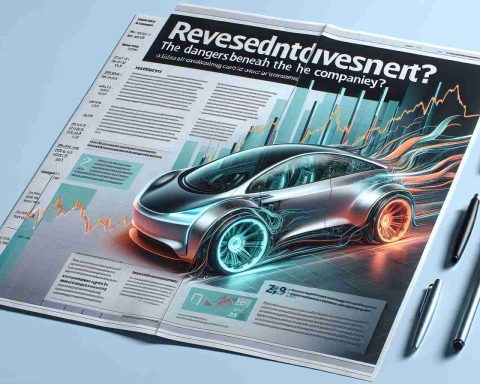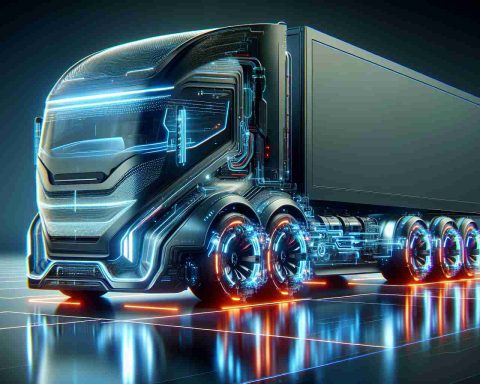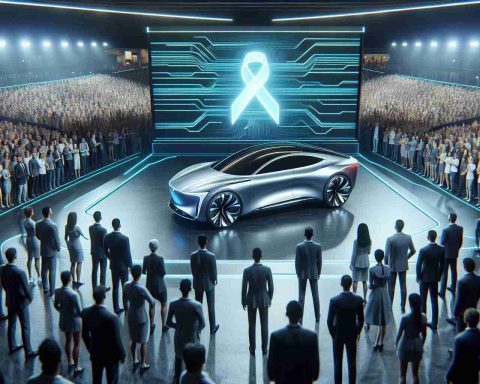Renault Trucks prides itself on its commitment to sustainable electric trucking, with the new 2025 MY E-Tech T electric semi truck boasting an impressive range of over 600 km per charge. This advancement comes after Renault’s trucks have already covered nearly 19 million all-electric miles, resulting in a significant reduction of over 29,000 tonnes of CO₂ emissions in the past five years.
Rather than solely prioritizing ultra-long range capabilities, Renault Trucks emphasizes the importance of customizing battery sizes to match individual fleet needs. By tailoring battery capacity to specific loads, routes, and charging strategies, Renault aims to enhance operational efficiency and minimize environmental impact.
According to Emmanuel Duperray, Renault’s focus is not on competing for maximum autonomy on a single charge. Oversized batteries can compromise payload capacity, escalate operating costs, and elevate the overall environmental footprint. The company’s strategy revolves around redefining low-carbon logistics to optimize transport patterns, thereby reducing the cost per kilometer of electric trucks compared to traditional combustion vehicles.
Duperray anticipates that by combining the 600 km range capacity with the ongoing development of public charging infrastructure, Renault Trucks will achieve “operational parity” with diesel-powered vehicles by 2026. This forward-looking approach underscores Renault’s dedication to revolutionizing the electric trucking industry.
Renault Trucks’ Battery Optimization Strategy and Sustainability Commitment
Renault Trucks, a trailblazer in sustainable electric trucking, continues to make waves with its innovative focus on optimized battery size for efficient fleet operations. While the 2025 MY E-Tech T electric semi truck boasts an impressive range exceeding 600 km per charge, the company’s approach goes beyond sheer mileage numbers.
What are the key considerations in customizing battery sizes for electric trucks?
Renault Trucks places a strong emphasis on tailoring battery capacities to suit the unique requirements of individual fleets. Factors such as varying loads, specific routes, and optimal charging strategies play a crucial role in maximizing operational efficiency and reducing the environmental footprint of electric trucking.
What advantages does Renault’s customized battery approach offer?
By avoiding the pitfalls of oversized batteries, Renault Trucks can maintain optimal payload capacity, keep operating costs in check, and minimize overall environmental impact. This strategy not only enhances the economic viability of electric trucks but also contributes significantly to sustainable logistics practices.
What challenges or controversies are associated with battery size optimization?
One of the key challenges in battery optimization is striking the right balance between range capacity and payload limitations. Oversized batteries can lead to increased weight, reduced cargo space, and higher costs, posing practical challenges for fleet operators. Additionally, the ongoing debate revolves around the ideal battery size that achieves operational efficiency without compromising performance.
What are the potential advantages and disadvantages of Renault’s approach?
Advantages of Renault’s strategy include improved cost-effectiveness, reduced environmental impact, and enhanced operational flexibility. On the other hand, potential disadvantages may involve limitations in achieving ultra-long ranges in a single charge compared to competitors prioritizing range over customization.
In light of these considerations, Renault Trucks’ forward-looking vision aligns with the future of electric trucking. By combining optimized battery sizes with infrastructure advancements, Renault aims to achieve operational parity with conventional diesel vehicles by 2026, marking a significant milestone in the industry’s transition towards sustainable transport solutions.
For more information on Renault Trucks’ sustainability initiatives and electric vehicle innovations, visit Main Renault Trucks Website.





